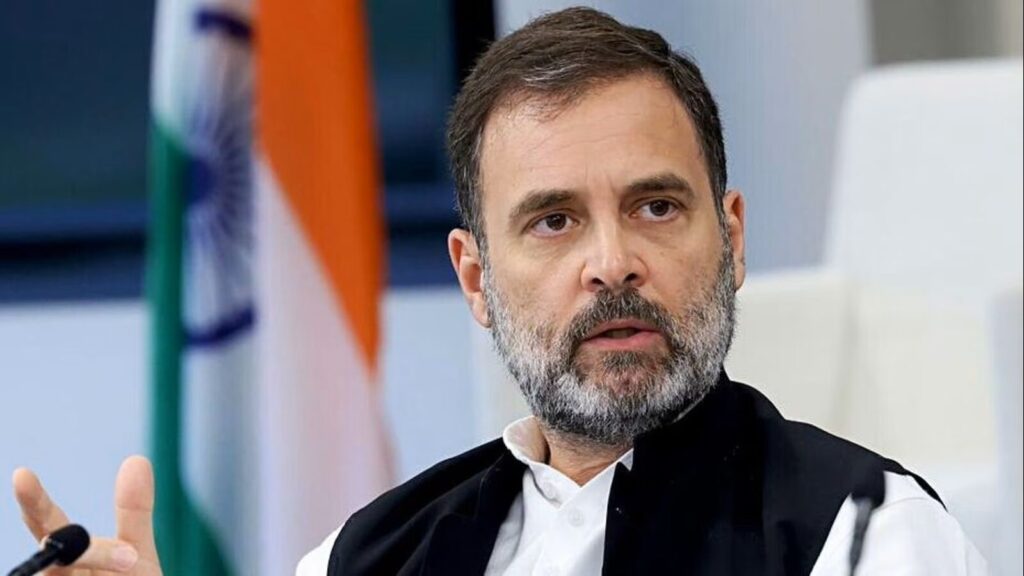India Takes a Landmark Step with Caste-Based Census
In a landmark move, the Government of India has issued a gazette notification to officially kick off the 16th national Census, which will include caste enumeration for the first time in independent India. This decision marks a significant shift in the country’s approach to data-driven governance, with implications for policy formulation, resource allocation, and political representation.
Union Minister G. Kishan Reddy hailed the move as “historic,” stating that caste-based data will help streamline welfare activities, budget planning, and political reservations. At the heart of this decision lies the need for accurate demographic insights that can help bridge socio-economic disparities and ensure that public resources are distributed equitably.
#WATCH | Hyderabad, Telangana: On gazette notification issued for 16th Census with caste enumeration, Union Minister G Kishan Reddy says "The Government of India has taken a historic step... Today, the Government of India has issued the notification. There will also be a caste… pic.twitter.com/rbzFfa8eae
— ANI (@ANI) June 16, 2025
Caste Census in India: A New Era in Welfare and Representation
The upcoming 16th Census of India will include a detailed caste enumeration, enabling the government to collect socio-economic data across various communities. This is a monumental shift from previous census exercises that traditionally excluded caste-specific data, barring Scheduled Castes (SCs) and Scheduled Tribes (STs).
Union Minister G. Kishan Reddy stated, “After this, be it welfare activity, scheme, budget allocation, or political reservation, everything will be worked upon in a proper manner.” This underlines the government’s intention to make welfare and policy decisions based on real-world caste demographics, ensuring social equity and targeted delivery of benefits.
The decision is also politically significant, particularly ahead of upcoming state and national elections. Caste dynamics have historically influenced Indian electoral politics, and a formal caste census could reshape the way reservation quotas, developmental programs, and political outreach are structured.
From a governance perspective, this move strengthens India’s intent to pursue evidence-based policymaking. Accurate data on caste, when coupled with economic and geographic metrics, could help fine-tune affirmative action policies, bolster OBC representation, and enhance the effectiveness of social welfare schemes.





















